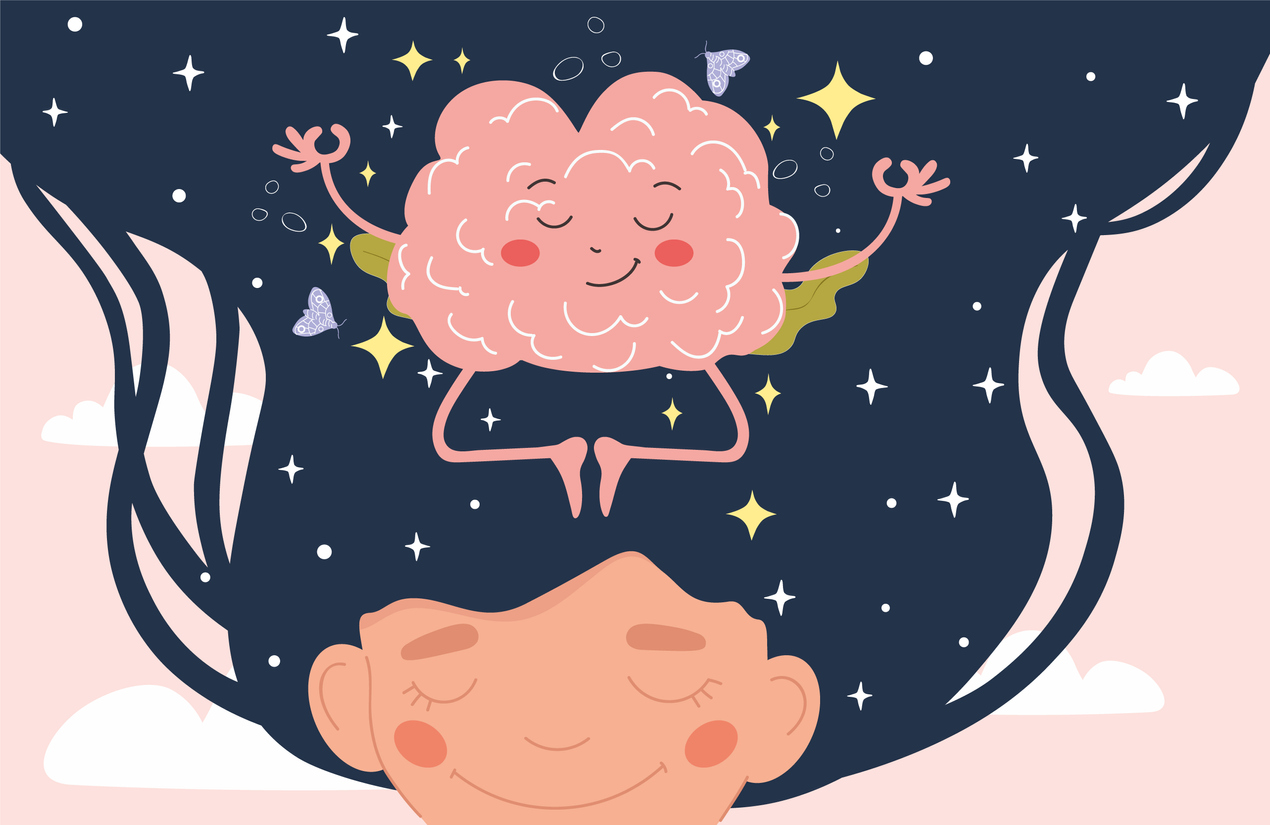Living with Chronic Pain
Tips for Working Through Guilt

Guilt involves feeling responsible, remorseful or regretful. It usually indicates a feeling of responsibility following wrongdoing; however, mistakes are normal. Although a conscience to sense right from wrong is vital in life, excessive guilt prevents the ability to move forward in a positive way. Guilt is an emotion that may be difficult to manage.
When experiencing guilt due to a misdeed, address the issue, apologize, and take steps to ensure that it does not happen again. Mending the issue is part of an effective apology and helps you deal with feelings of shame. Guilt can serve the purpose of solving problems and correcting wrongs.
Tips for working through guilt
Guilty feelings can create several negative mental health effects, including withdrawal from social situations, emotional distress, or the development of mental health conditions, such as anxiety or depression. Guilt is associated with stress. Increased stress levels affect the body by increasing pain levels and negatively affecting the immune system. If feelings of guilt are spiraling, find distractions, realize you have done your best, and learn from the experience.
Guilt can rob you of moments of peace. It can also encourage positive, constructive actions in order to overcome the negative emotion. Below are certain activities and exercises that can help you work through feelings of guilt.
Magnify it
Some find it helpful to set a timer for a minute and use that time to feel as guilty as possible, often to the point of hyperbole. This might exhaust your ability to feel guilt or even bring to light that self-deprecation is unhelpful.
Rehearse saying “no”
Guilt can occur when you have to take care of your own needs above others’. Practicing saying “no” with a trusted friend can be a good exercise to help you become acquainted with setting boundaries.
Practice gratitude
Gratitude is defined as the feeling of being thankful. By thanking someone, instead of over-apologizing, more self-confidence is built. Gratitude involves being appreciative of people, belongings, gifts, nature, and other elements of life. Practicing thankfulness includes regularly identifying and acknowledging the goodness in life.
Treat yourself as a friend
People frequently say things to themselves that they would never say to a friend or family member. It may be useful to imagine yourself as a friend and speak in the same way you would to them. Self-compassion is very important when working through guilt.
Face the guilt
Ignoring or repressing guilt can make the problem worse. Name the guilt, identify the source, and sit with those feelings while practicing distress tolerance. Writing the feelings on paper or speaking them aloud can help you come to a feeling of acceptance.
Additional sources: Psychology Today, PsychCentral, and Forbes


















